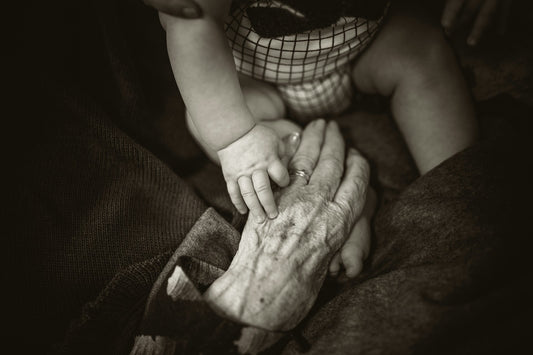As we turn the pages of history, there are chapters that stand out, bearing witness to moments that shaped the course of our society. Today, we share a poignant chapter contributed by a customer from the 1960s, offering a firsthand account of Martin Luther King Day during a pivotal era in the United States.
A Walk Down Memory Lane:
Transported back to the 1960s, our anonymous contributor paints a vivid picture of a time when the Civil Rights Movement was in full swing. Martin Luther King Jr., a towering figure in the fight against racial injustice, became a symbol of hope and change.
The Significance of Martin Luther King Day:
In the 1960s, Martin Luther King Day held profound meaning. It wasn't just a day off from work or school, it was a day of reflection, solidarity, and a call to action. Our storyteller emphasizes the importance of this day as a collective opportunity to honor Dr. King's legacy and the ongoing struggle for civil rights.
Community Gatherings and Marches:
Martin Luther King Day in the 1960s was marked by community gatherings and marches that echoed the spirit of the Civil Rights Movement. Our contributor recalls the palpable sense of unity as people from diverse backgrounds came together to celebrate and advocate for equality.
Dr. King's Message Echoing Through the Streets:
The memory comes alive as our storyteller recounts the powerful speeches and messages of Dr. King reverberating through the streets. Martin Luther King Day wasn't just about commemorating the man, it was about embracing his teachings of nonviolent resistance, justice, and equality.
Challenges and Triumphs:
The 1960s were a tumultuous time, and our contributor doesn't shy away from acknowledging the challenges faced by the movement. Yet, in the face of adversity, there were triumphs — moments of resilience, courage, and the unwavering belief that change was not only possible but inevitable.
Acts of Solidarity and Community Support:
Acts of solidarity were woven into the fabric of Martin Luther King Day celebrations. Whether through peaceful protests, community projects, or acts of kindness, individuals in the 1960s found ways to express their commitment to the cause and support one another.
Reflections on Progress:
Looking back, our contributor reflects on the progress made since those transformative days. While acknowledging the strides taken in the life journey towards equality, there is an awareness that the work is ongoing, and the lessons from Martin Luther King Day in the 1960s remain relevant today.
Preserving History for Future Generations:
The chapter shared by our customer becomes a valuable piece of history, preserved for future generations through platforms like LifeStoryPages. Discover how to write a narrative text that not only captures the events of Martin Luther King Day but also the emotions, aspirations, and the collective heartbeat of a generation working towards a better tomorrow.
As we close this chapter from the past, we are reminded of the indelible mark left by Martin Luther King Jr. and the countless individuals who, in the 1960s, contributed to the ongoing struggle for civil rights. The echoes of their efforts resonate in our present, urging us to continue the life journey towards a more just and equitable society. Through personal narratives like these, we ensure that the spirit of Martin Luther King Day endures, inspiring generations to come.





